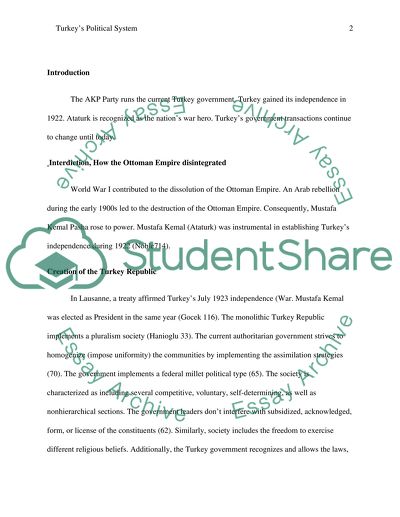Cite this document
(“Turkey political system Term Paper Example | Topics and Well Written Essays - 2000 words”, n.d.)
Retrieved from https://studentshare.org/politics/1494846-turkey-political-system
Retrieved from https://studentshare.org/politics/1494846-turkey-political-system
(Turkey Political System Term Paper Example | Topics and Well Written Essays - 2000 Words)
https://studentshare.org/politics/1494846-turkey-political-system.
https://studentshare.org/politics/1494846-turkey-political-system.
“Turkey Political System Term Paper Example | Topics and Well Written Essays - 2000 Words”, n.d. https://studentshare.org/politics/1494846-turkey-political-system.


